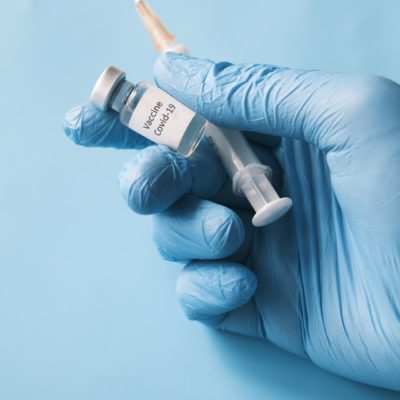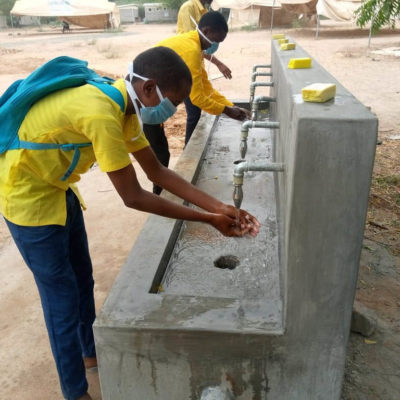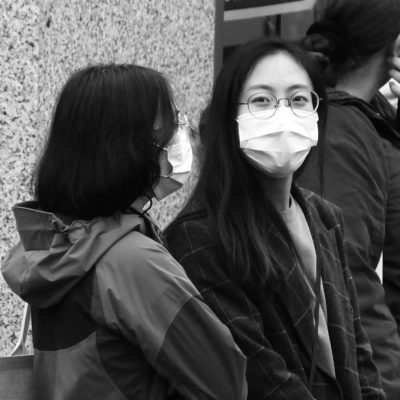This new podcast asks what access to Covid-19 vaccines shows us about global health inequalities, why the at-risk are being neglected and how young people are being affected.
Dr Sharifah Sekalala and Belinda Rawson of The University of Warwick have compiled the series to explore the human rights issues that have evolved, and which have been exacerbated, during the pandemic.
In the first episode, host Belinda asks a health scientist and legal scholar how global access to vaccines could be made fairer. In episode two, she asks why at-risk people have been neglected and excluded from Covid-19 discourse, and in the third and final episode, recent university graduate Christina Amofa takes the lead, asking young people how they have been affected by the pandemic.
Belinda said: “We’ve been writing together and questioning issues of equity around vaccine access. The podcast is a way to promote engagement around those ideas, allowing the public to hear from different people with different perspectives and encouraging them to continue to debate.
“We are keeping the discussion simple, conversational and accessible. We want to get the public thinking about what vaccine equity and accessibility issues exist, at a global level and which vulnerable populations are being excluded from the conversation.
“We also want people to ask, ‘What needs to change in the future?’ Maybe it’s too late to change things for the equitable distribution of Covid-19 vaccines, but what could have been done differently? This is the time to reflect and improve upon our approach for, dare I say it, the next public health crisis.
“Threats of this nature are unfortunately inevitable in this age of contemporary globalisation, and we want to encourage a broader awareness of these equity issues in global health.
“We have a social duty to ensure people who may be more socially and clinically vulnerable in a future public health crisis, are well protected in these situations moving forward.
“There’s so much more to say than we can fit into three hours, but we hope these conversations will spark debate. The podcast enables the public to hear how different population groups have been affected by the Covid-19 pandemic and listeners might hear about experiences and perspectives they hadn’t considered before.”
The third and final episode in the series is student-led, acknowledging that the voices of younger people have gone largely unheard in the pandemic, and they really welcomed the opportunity to share their experiences and voice their concerns.
Belinda said: “We especially want younger people to be engaged in this debate and to feel motivated to discuss these ideas as they are the ones who will be living with the long-term legacy of the Covid-19 pandemic and will be making decisions about the health crises of the future.”
Listen below…

Global Health Equity: How could we make vaccine access fairer?
This first episode investigates the global inequities in rolling out vaccines. Dr Katrina Perehudoff, a health scientist and legal scholar, asks how states could work together to find a more equitable solution for global vaccine distribution and questions what role pharmaceutical companies could play.

Covid-19 vaccines: Why are at-risk people being neglected?
Are human rights really for everyone? In episode 2 Dr Ruth Watkinson and Dr Ferdinand Mukumbang discuss the persistence of structural racism, the relation between stigmatisation and vaccine hesitancy, and the monopolisation of Covid-19 vaccines by the Global North.

The Next Generation: How are young people being affected by the Covid-19 pandemic?
This third and final episode puts young people's voices first. Recent university graduate Christina Amofa interviews three other young people asking why concerns about their education, their health, and the vaccines have gone ignored.
